Sign up to our mailing list for the best stories delivered to your inbox.
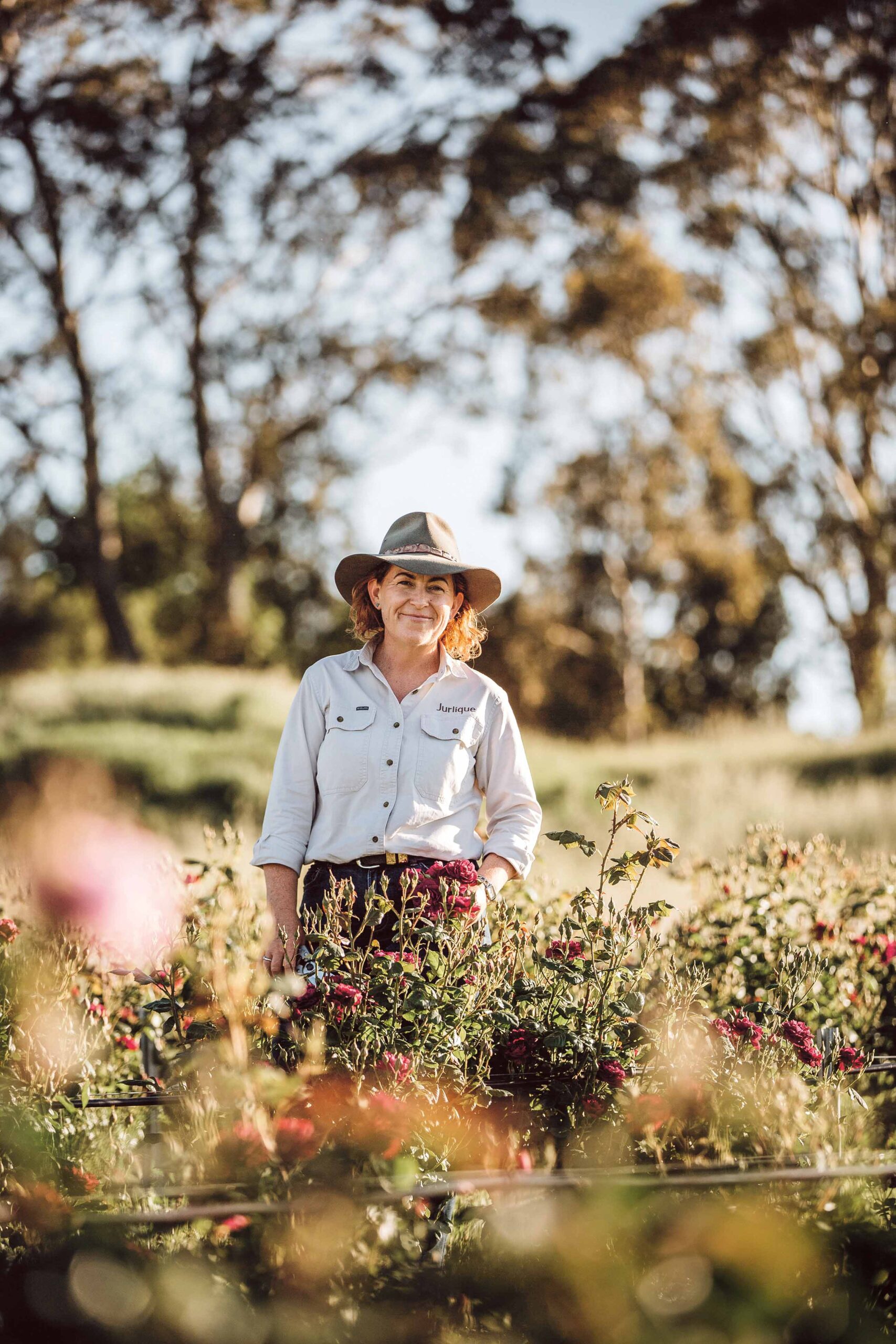
Raised on a dairy farm near Hahndorf, SA, farm manager Cherie Hutchinson has a deep love for the land she works on.
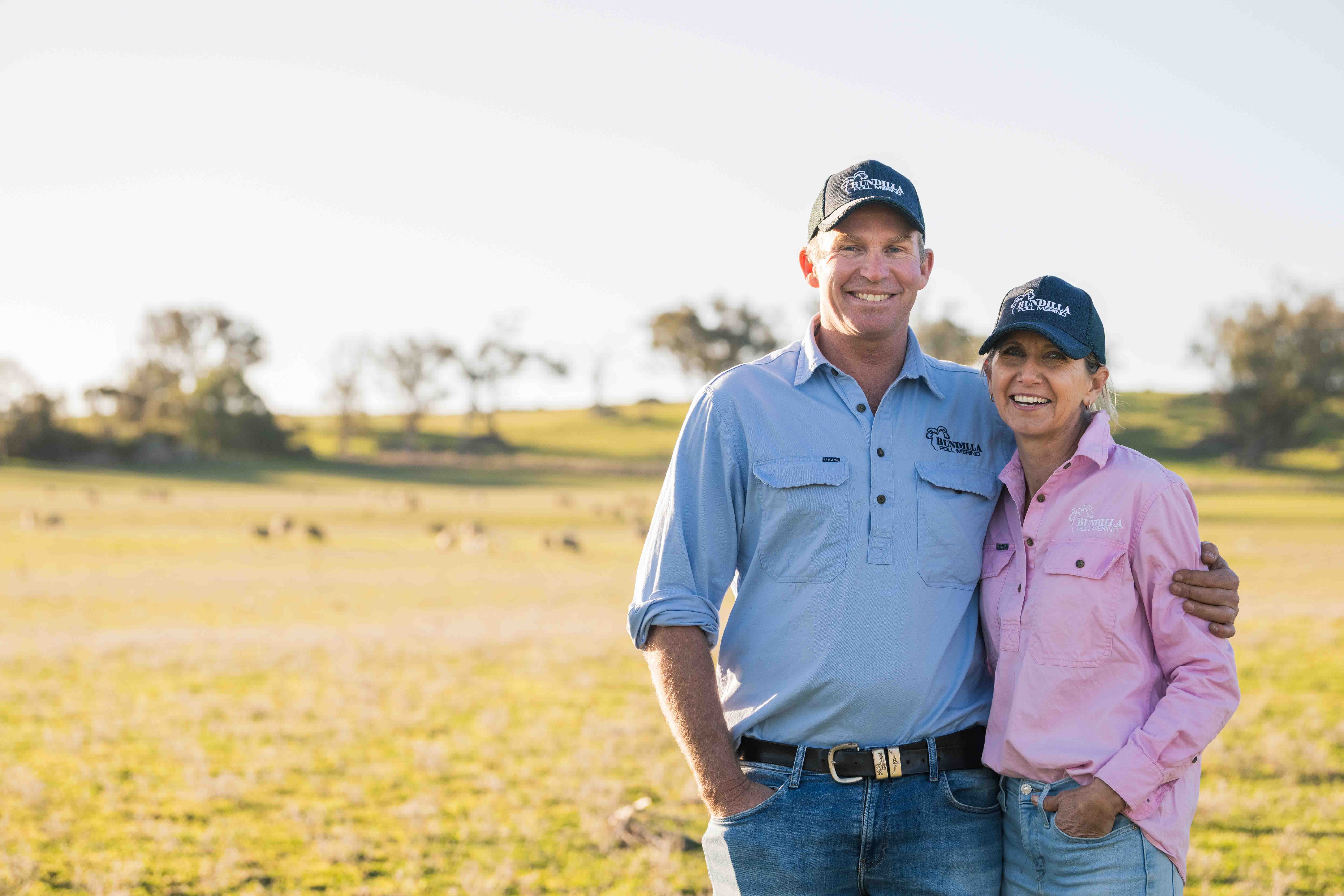
Now managing Bundilla Poll Merino stud, Jill Baldwin has spent her life working sheep, leading industry progression and quietly inspiring a new generation of women in agriculture.
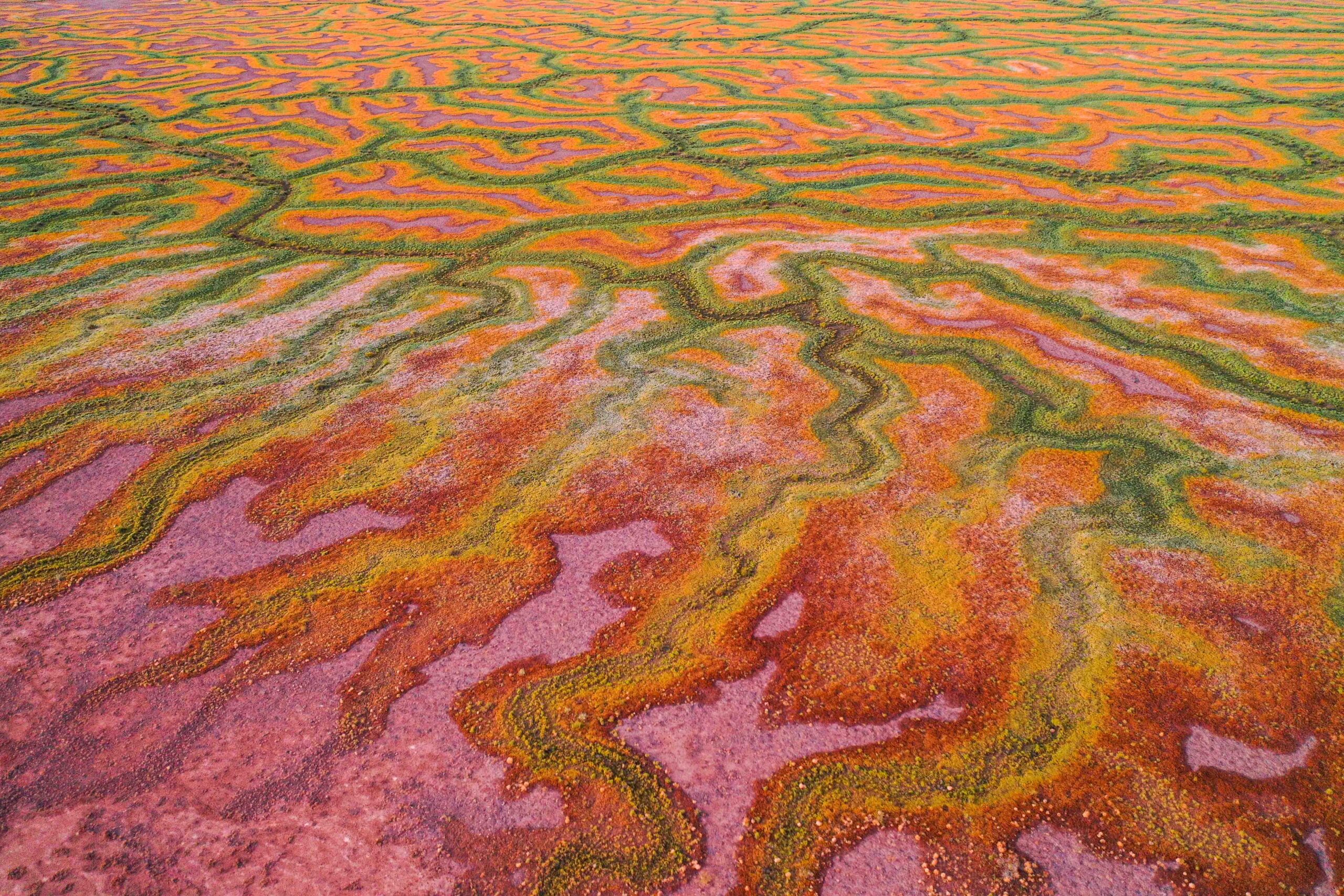
Meet the fifth-generation sheep and cattle farmer behind the image selected for the 2026 Graziher wall planner, which comes free with the next issue.
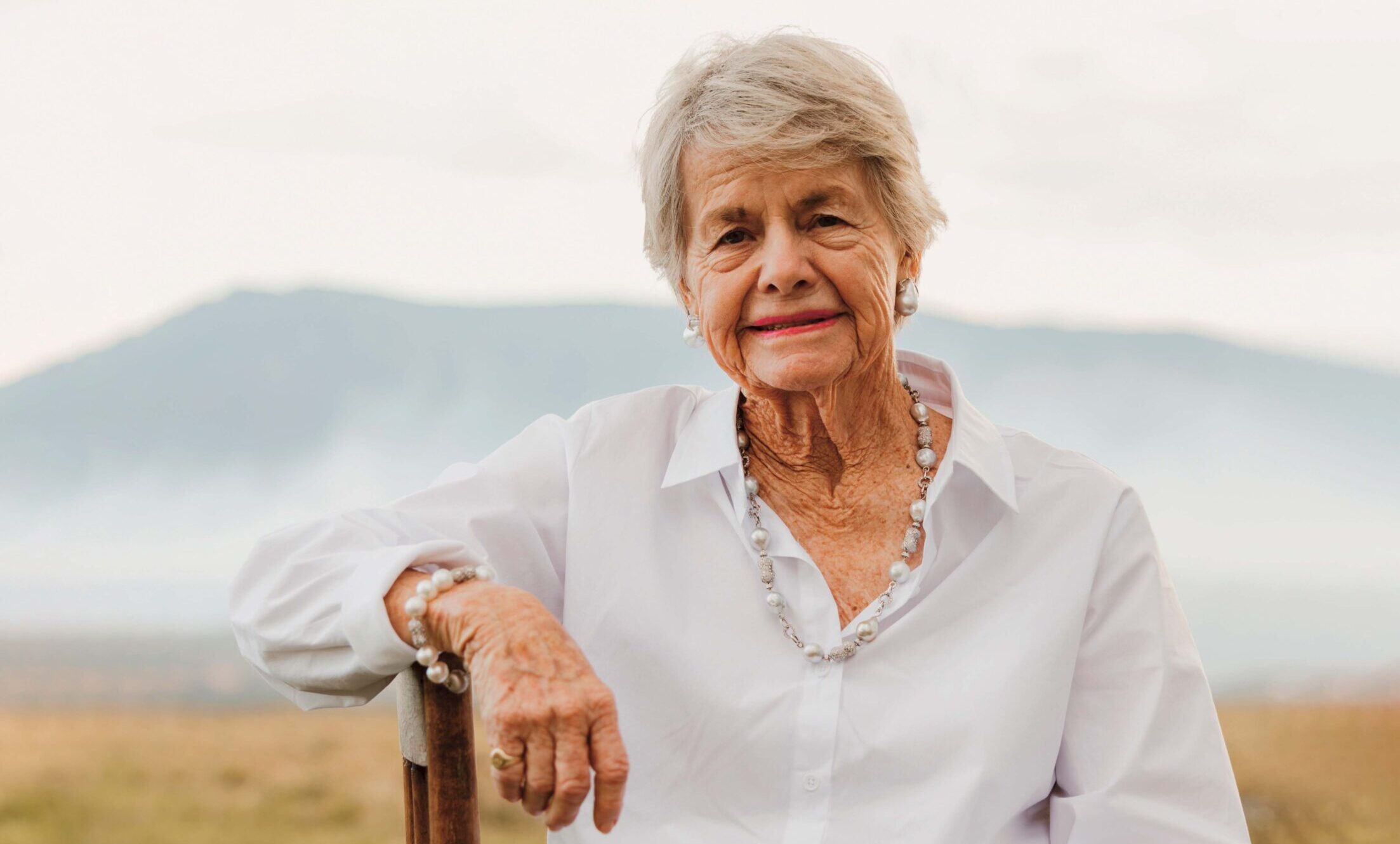
After losing her husband, Penny Button took the reins at Crossmoor, managing the vast property near Longreach, Queensland.

In this heartfelt speech, delivered at the 2025 AgriFutures Rural Women’s Award gala, chair Cathy McGowan AO stresses the importance of growing your network.
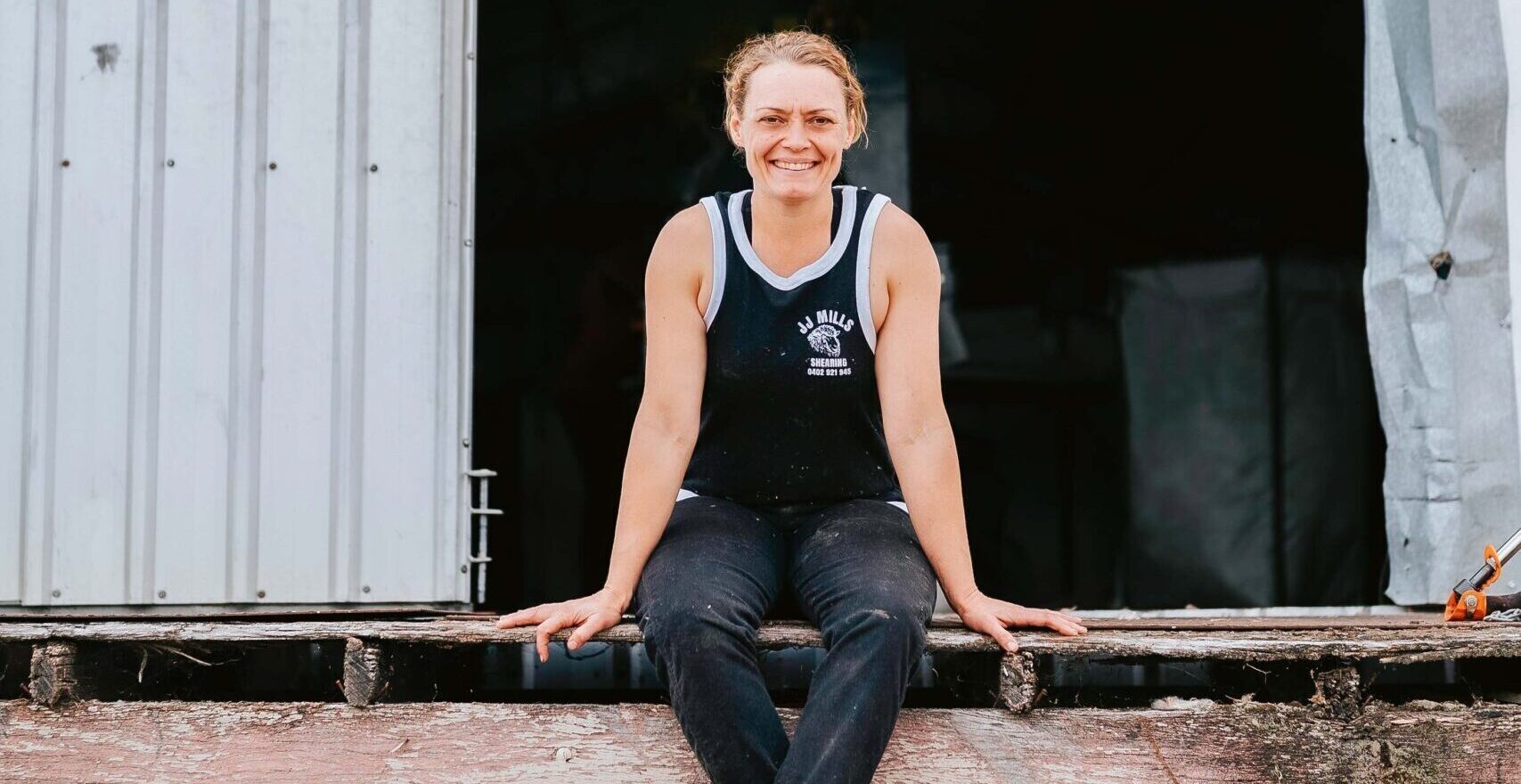
Carol Mudford, a former Graziher cover star, is the national winner of the AgriFutures Australia Rural Women’s Award. She talks to us about the transition from nurse to shearer.

The sisters live with their extended family on their property near Jugiong, New South Wales, and run their vet practice together.
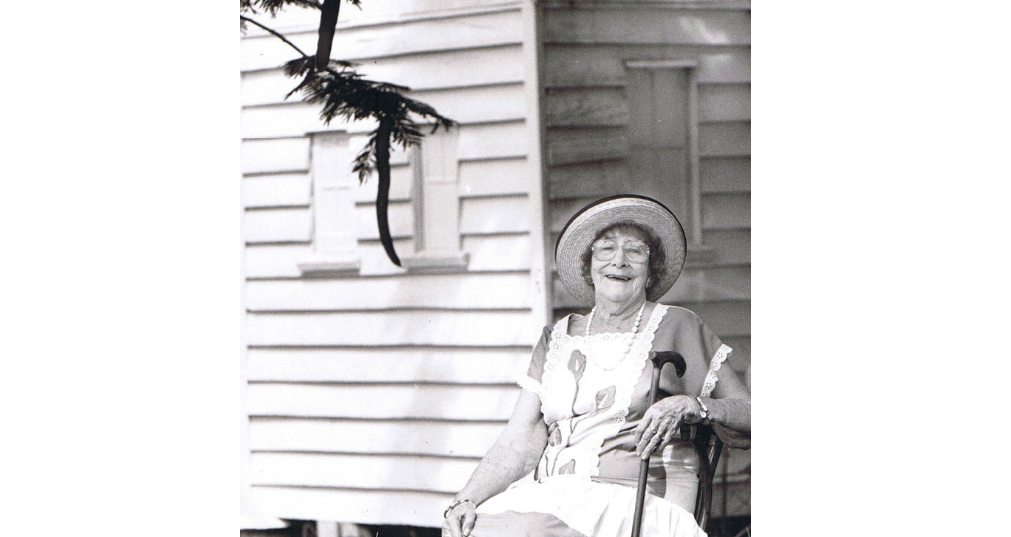
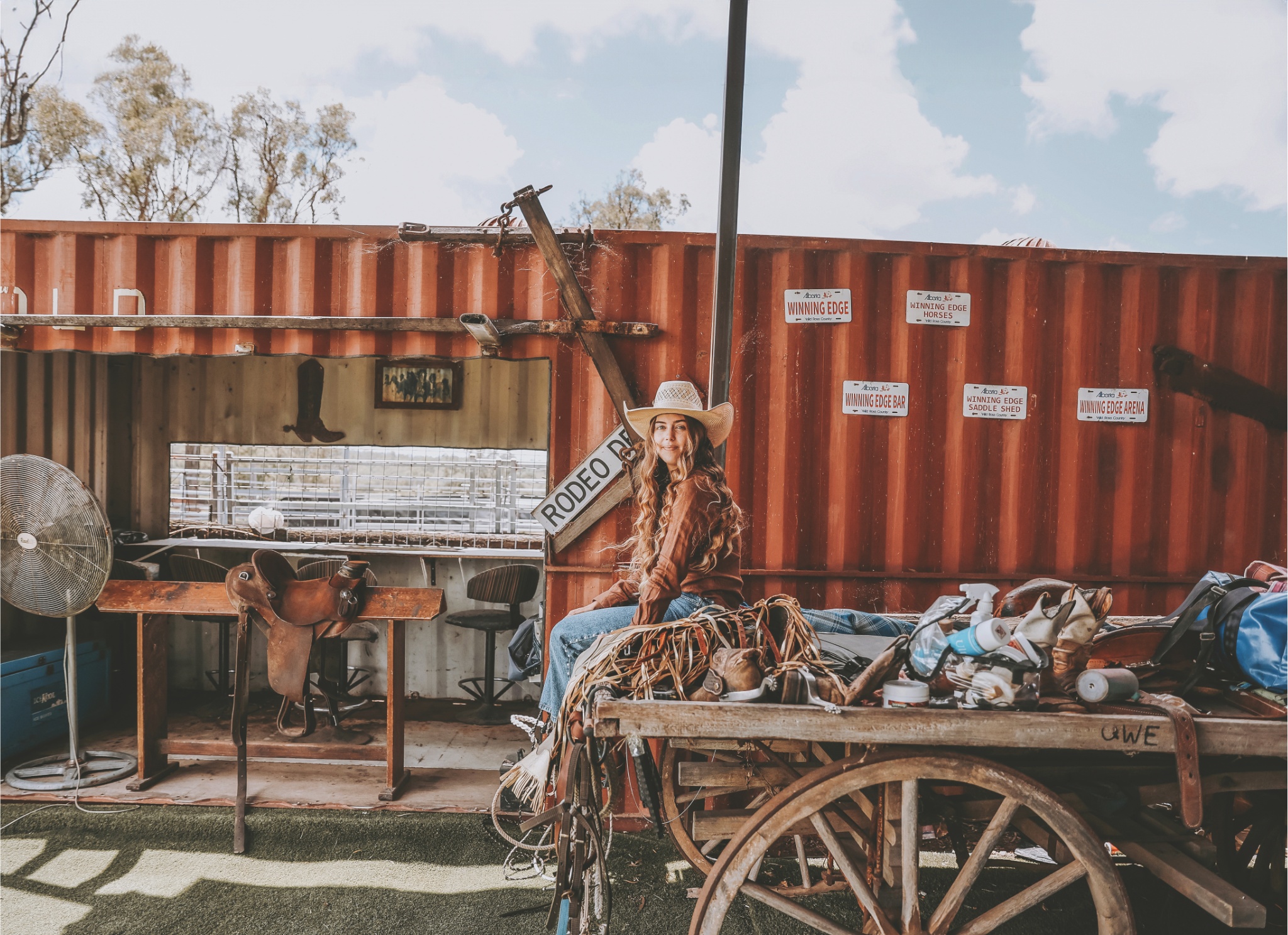
Emily Collits is back in Queensland, sharing her skills with other young women who want to break the mould.
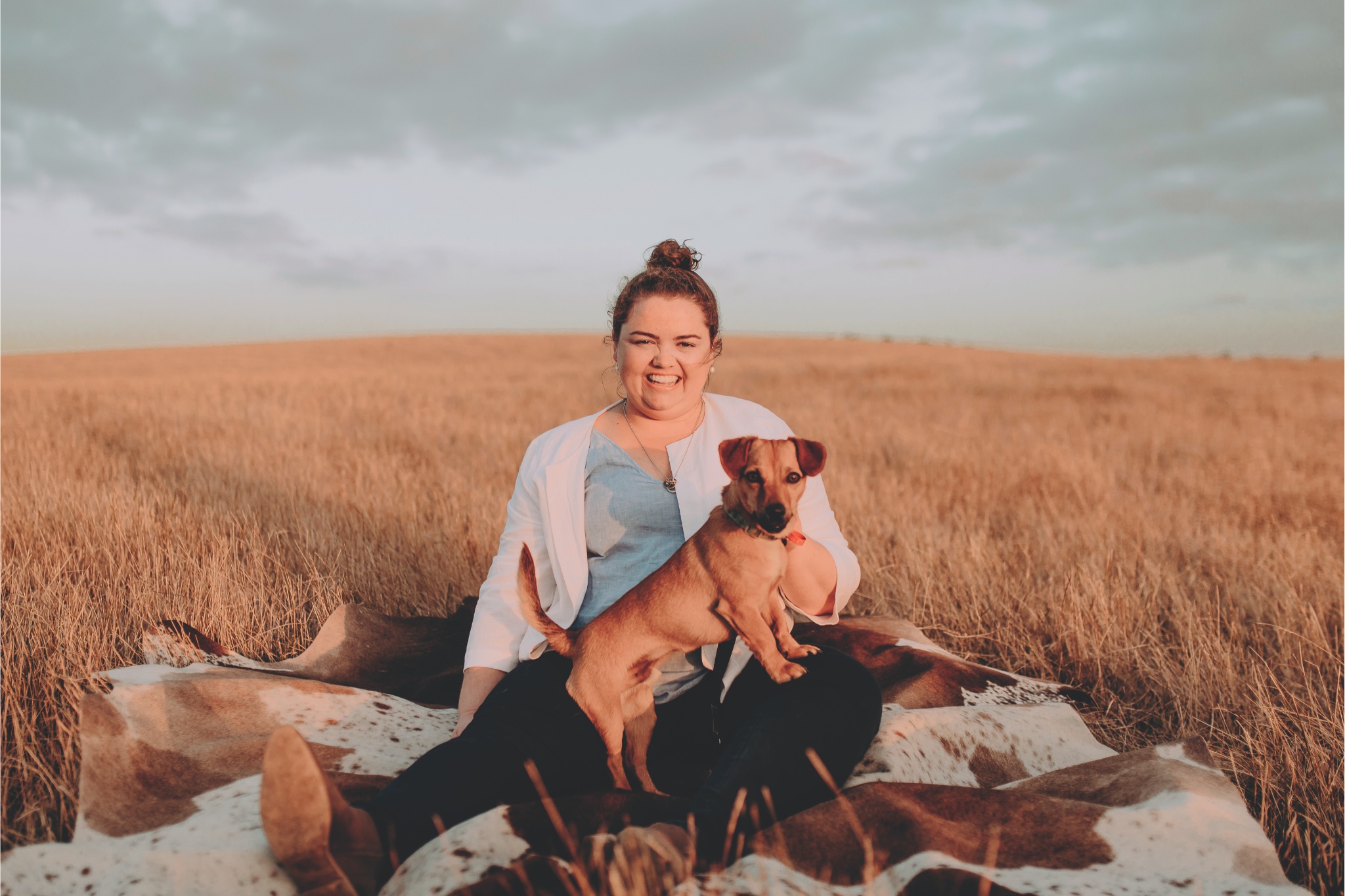
As the Rural Women's Day events for 2024 come to a close, we revisit Jackie's reflections on how the day has changed her life and the life of countless women around Australia.
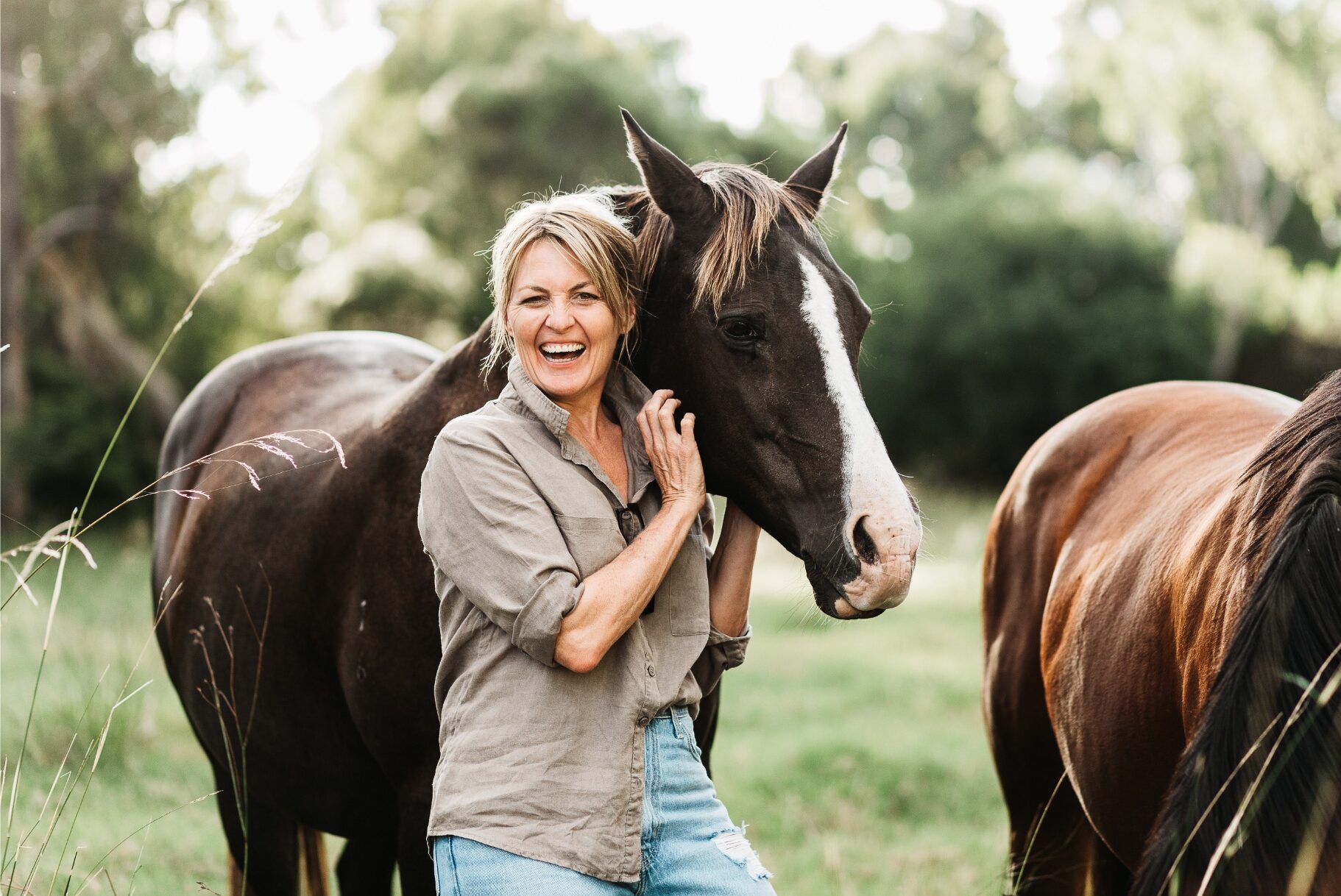
In this conversation with Graziher, Shanna reflects on her journey so far and what the future holds.

The single mum-of-two juggles parenting with running her helicopter mustering business in south-west Queensland.
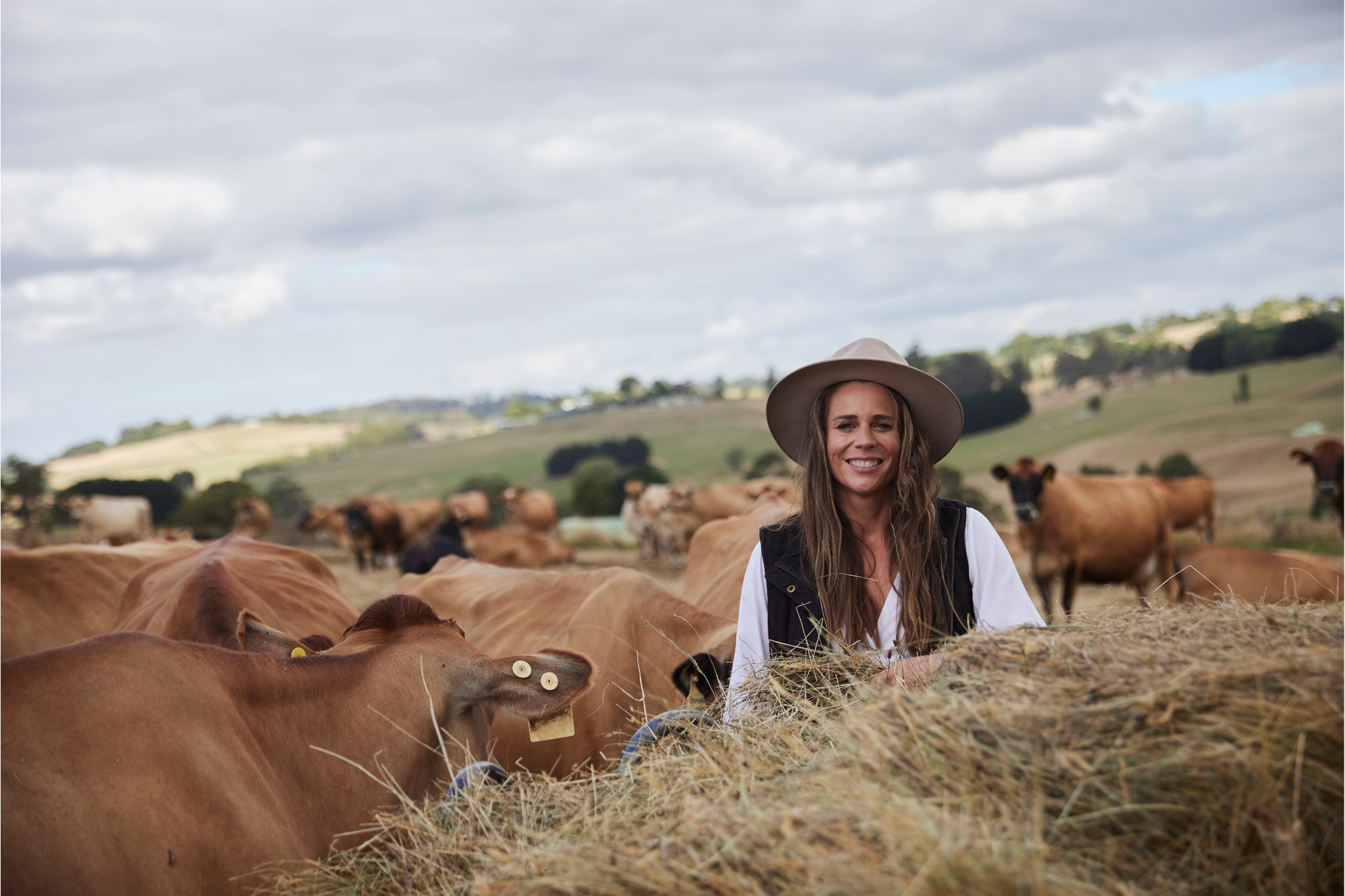
When her father ended his own life — just as his beloved dairy industry faced a national crisis — Sallie set about securing a fair price for dairy farmers.
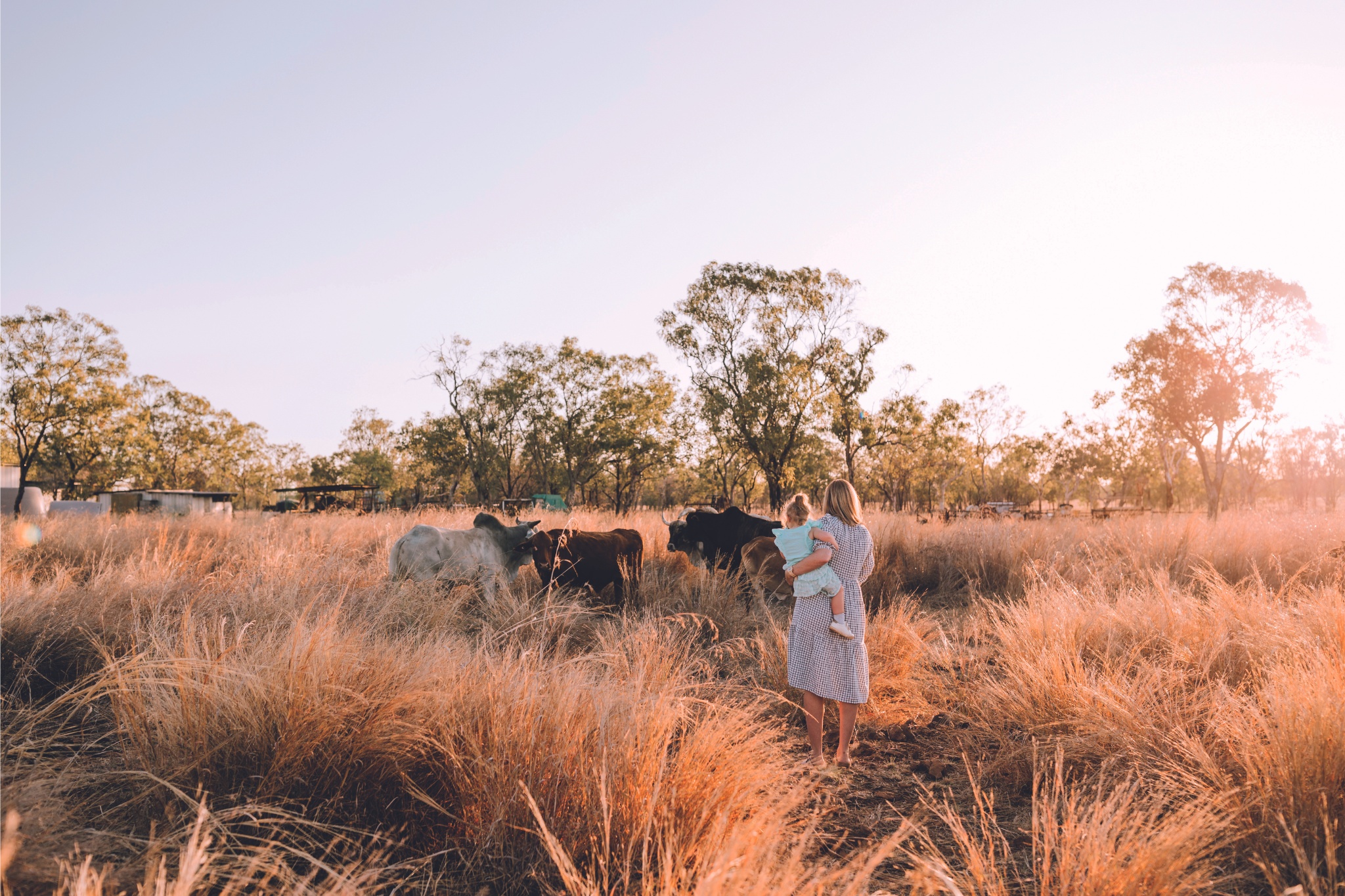
Struggling with infertility while living remotely isn’t for the faint-hearted. Raine Holcombe is one who has met the challenge.

Raised on a dairy farm near Hahndorf, SA, farm manager Cherie Hutchinson has a deep love for the land she works on.
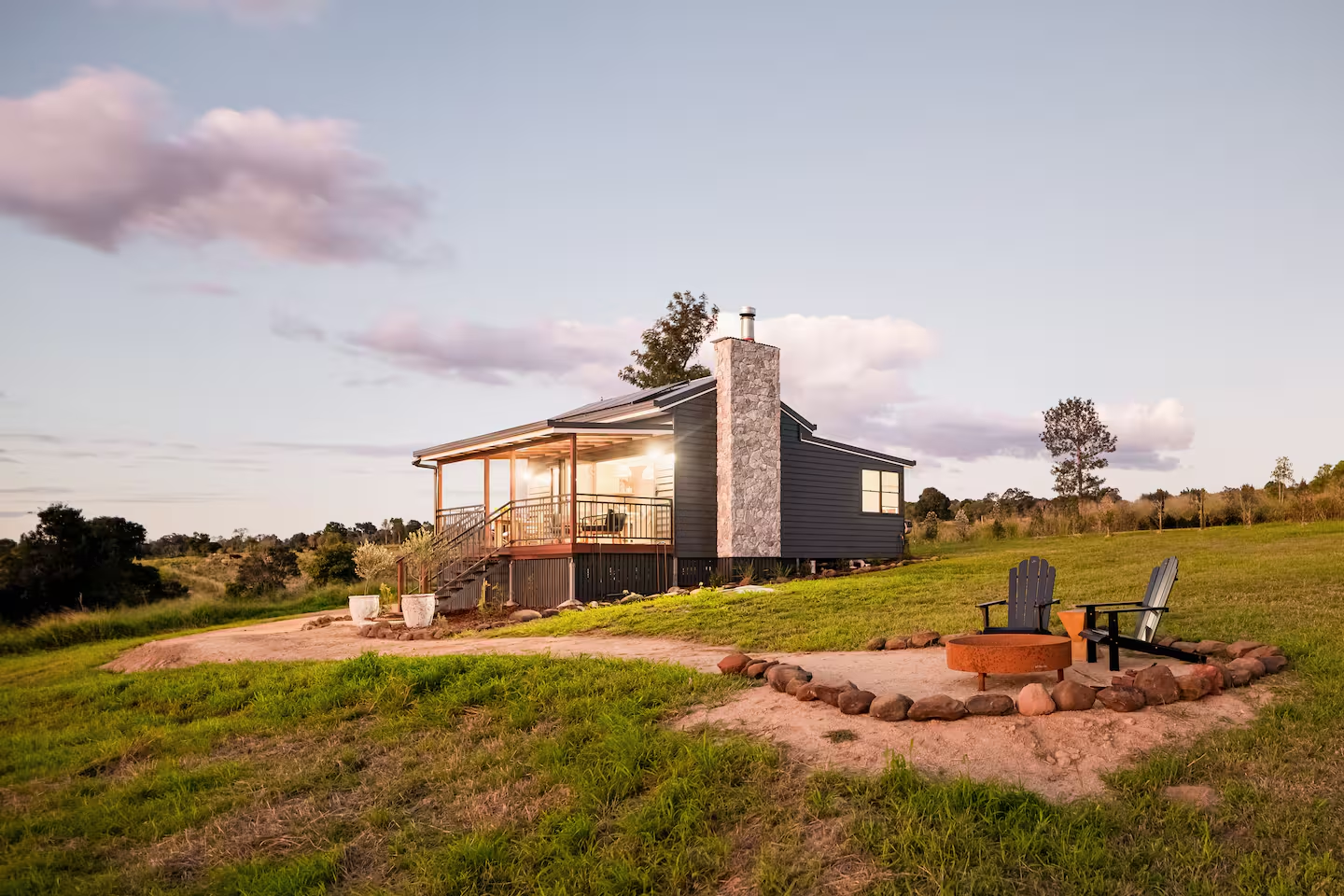
If you like the idea of a private plunge pool, mountain views and a glass of local verdelho, it’s time to start planning your Firebreak Farm escape.
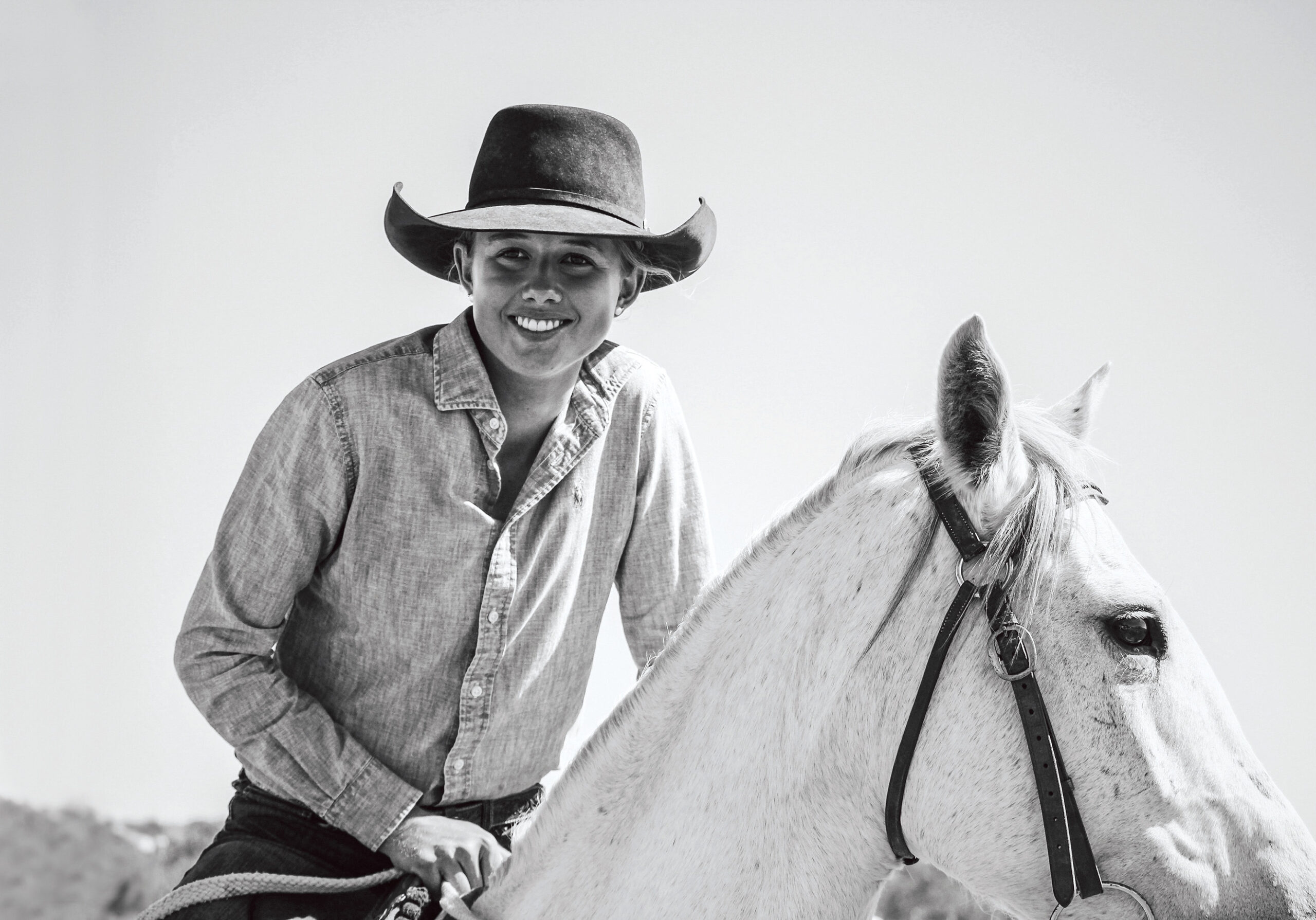
Photographers share highlights of life on the land, from high-stakes competitions to moments of quiet contemplation.
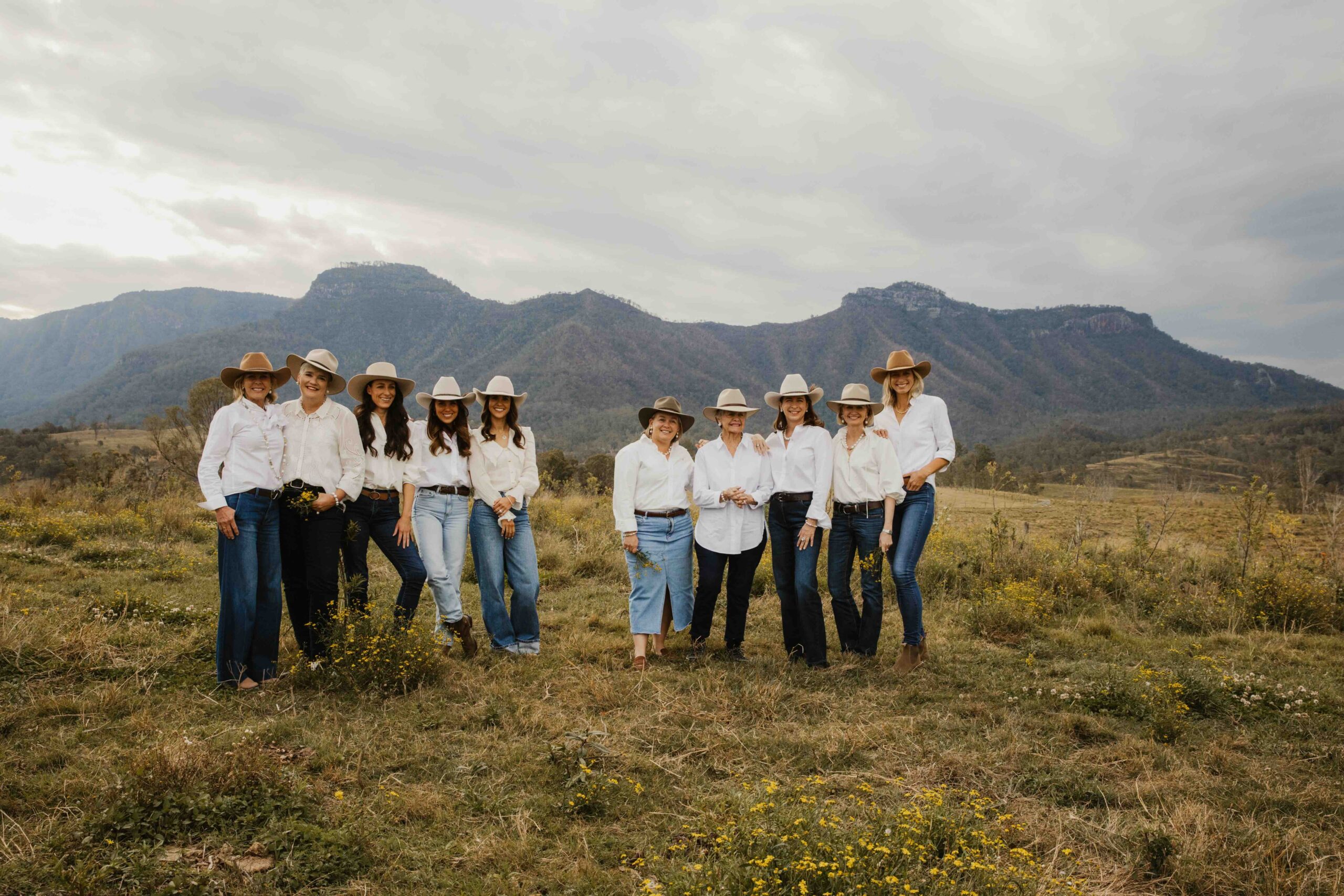
As we celebrate Graziher‘s 10th birthday, 10 prominent women share their thoughts on the magazine.
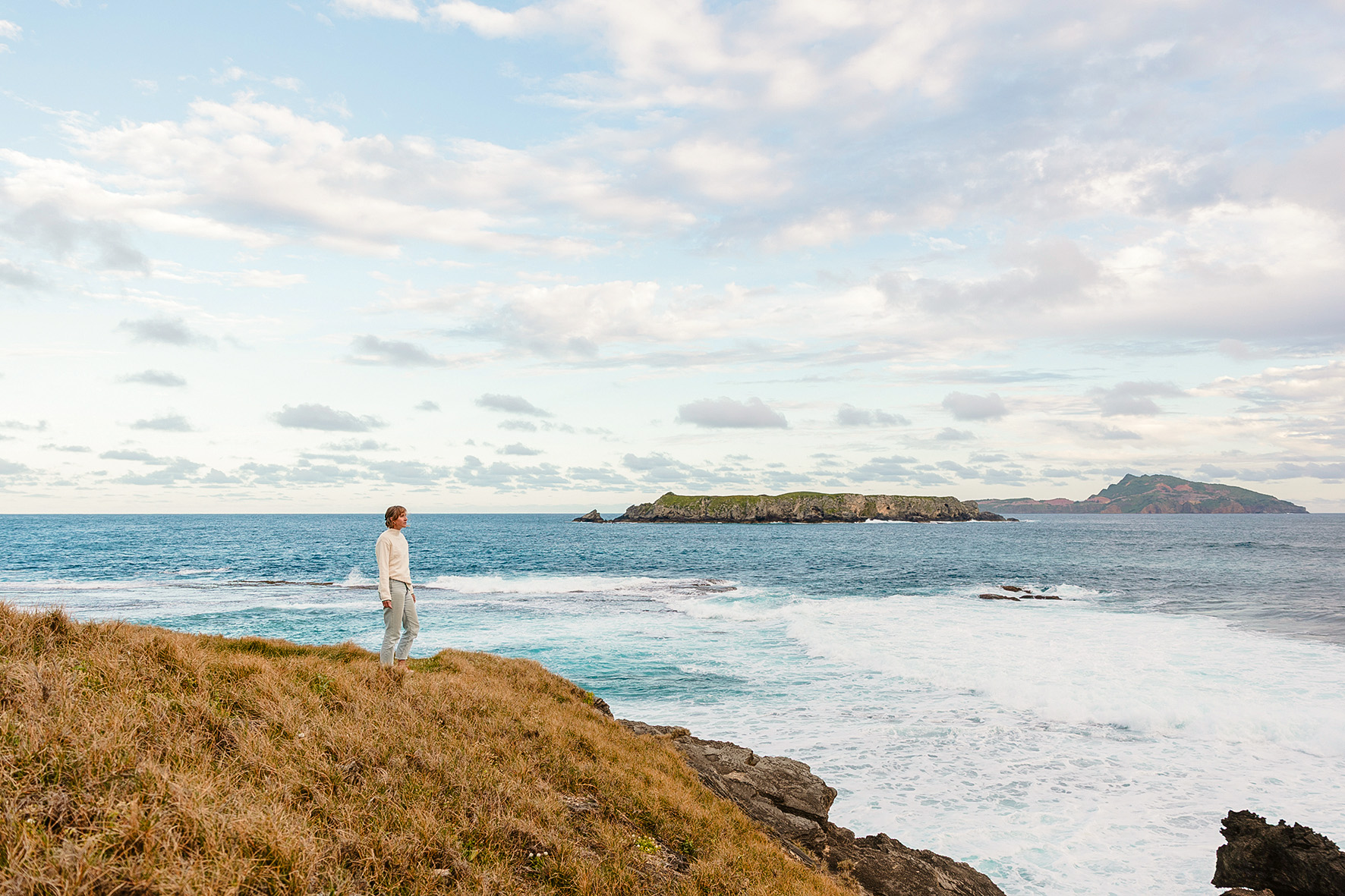
Fiona Anderson, who owns the island’s mobile cocktail bar, says Norfolk Island is her “heart home”. Like many, she has returned to the patch of paradise where she was raised.
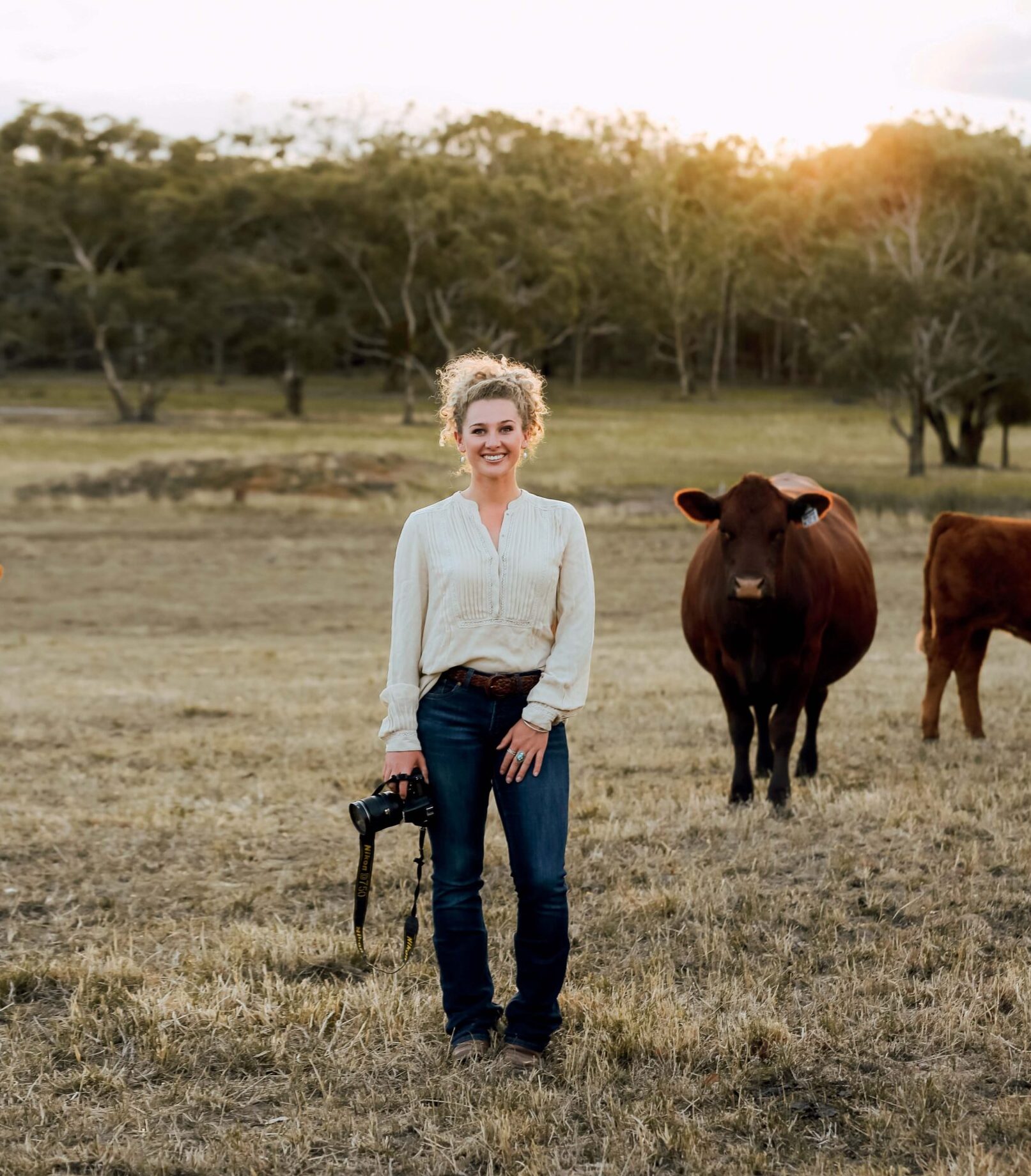
As a rural woman, Ruby Canning knows that getting support for health issues such as endometriosis can be almost as painful as the condition itself.
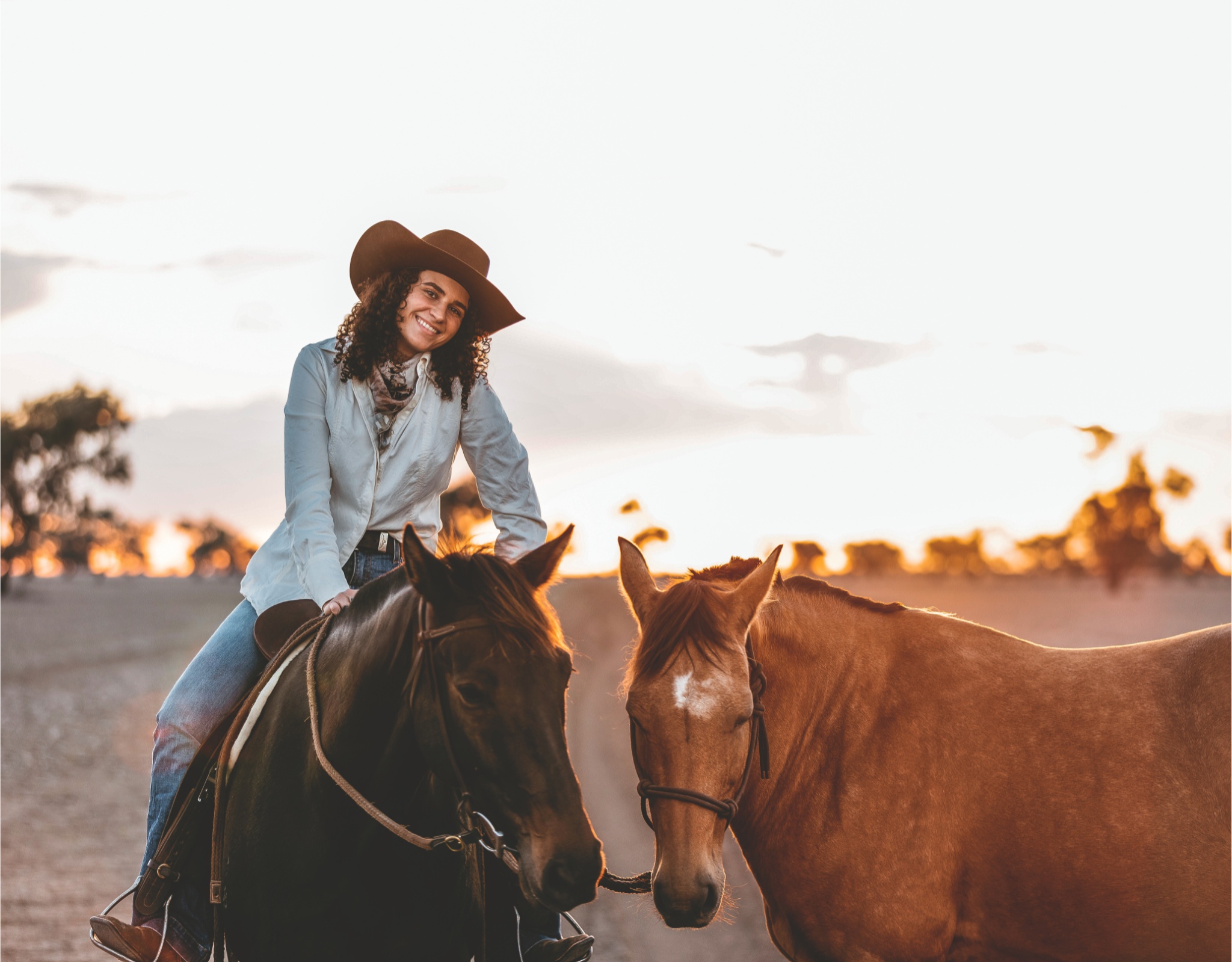
After the devastating loss of her parents, Sarah Wheeler channelled her grief into a 5500 kilometre horseback journey.
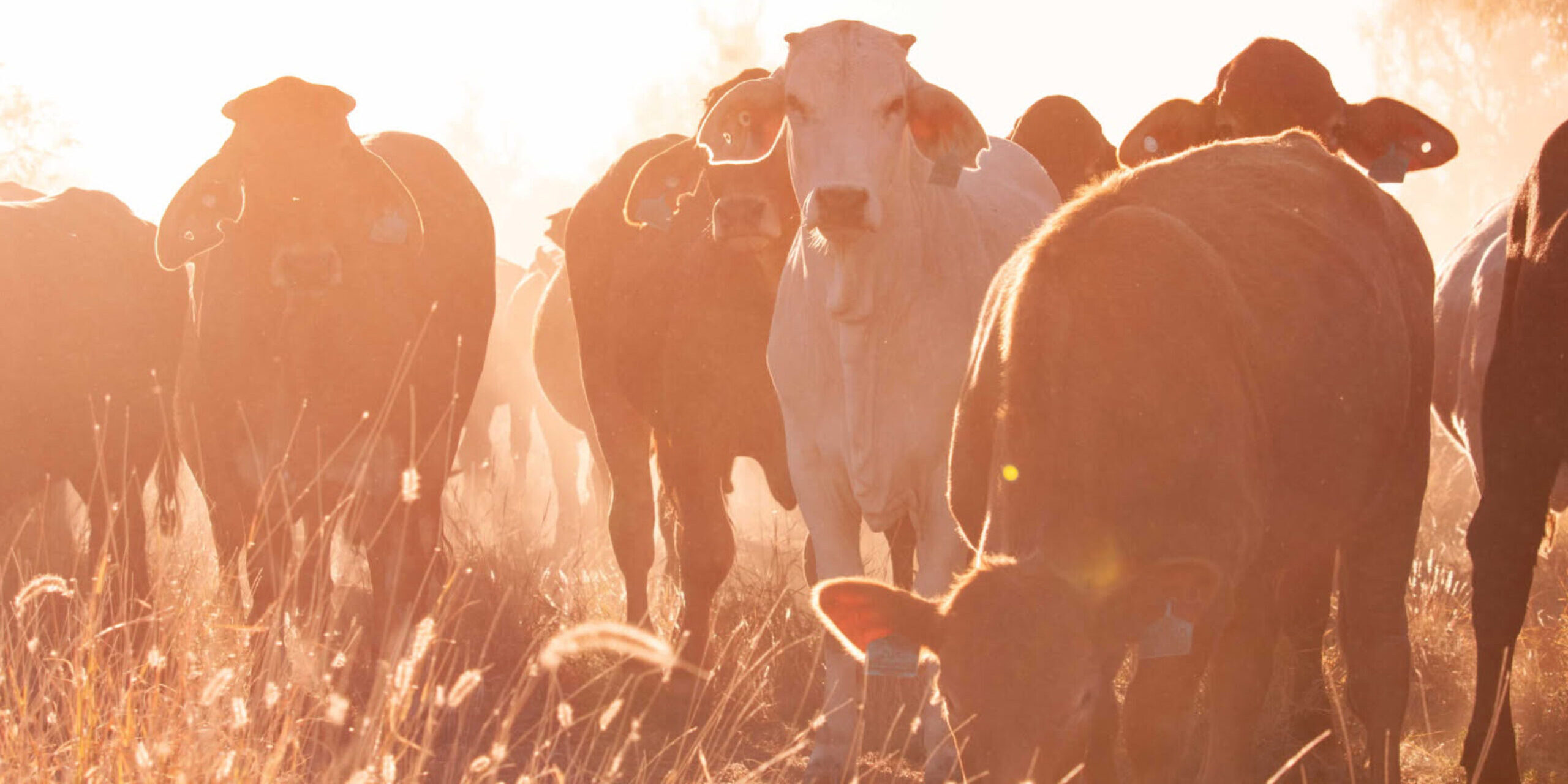
CERES TAG’s innovative technology is helping producers make data-informed decisions, one on-ear sensor at a time.
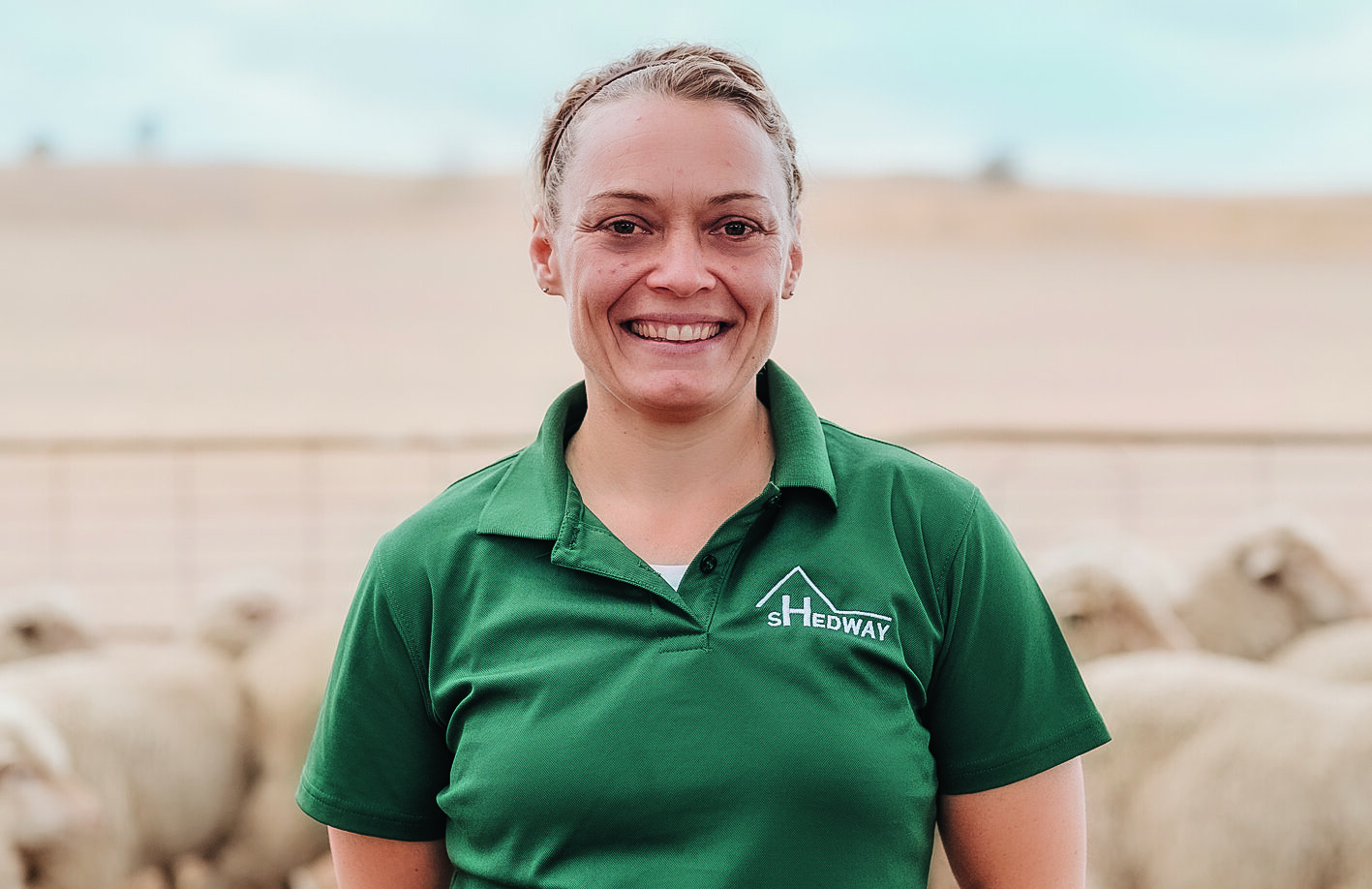
The Graziher cover star and winner of the New South Wales/Australian Capital Territory AgriFutures Rural Women’s Award talks to us about seeking support and goal-setting.
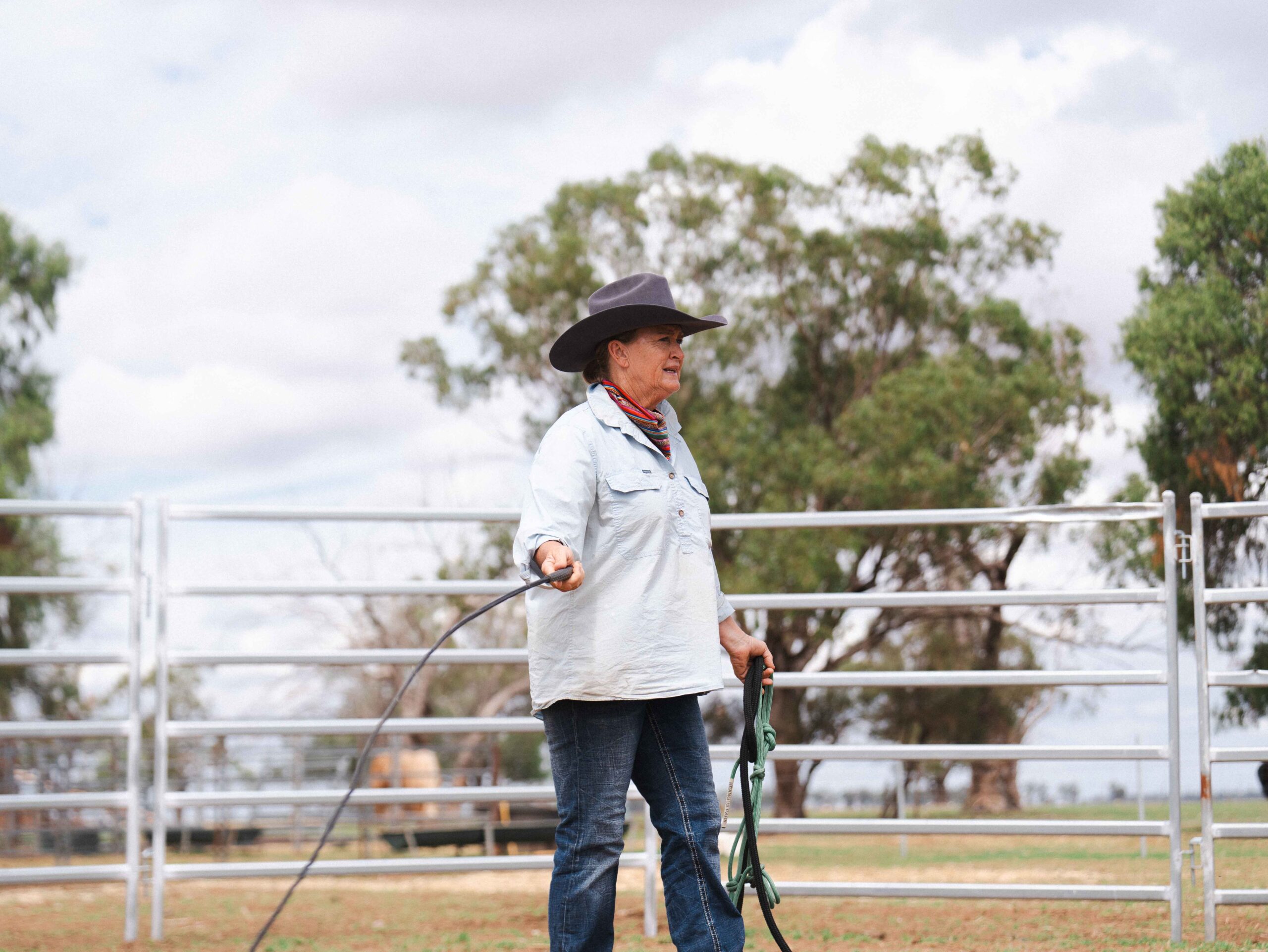
She reflects on her years at Brangus Park, from the beef recession of her youth to the cowboy she met at the Wingham Rodeo.
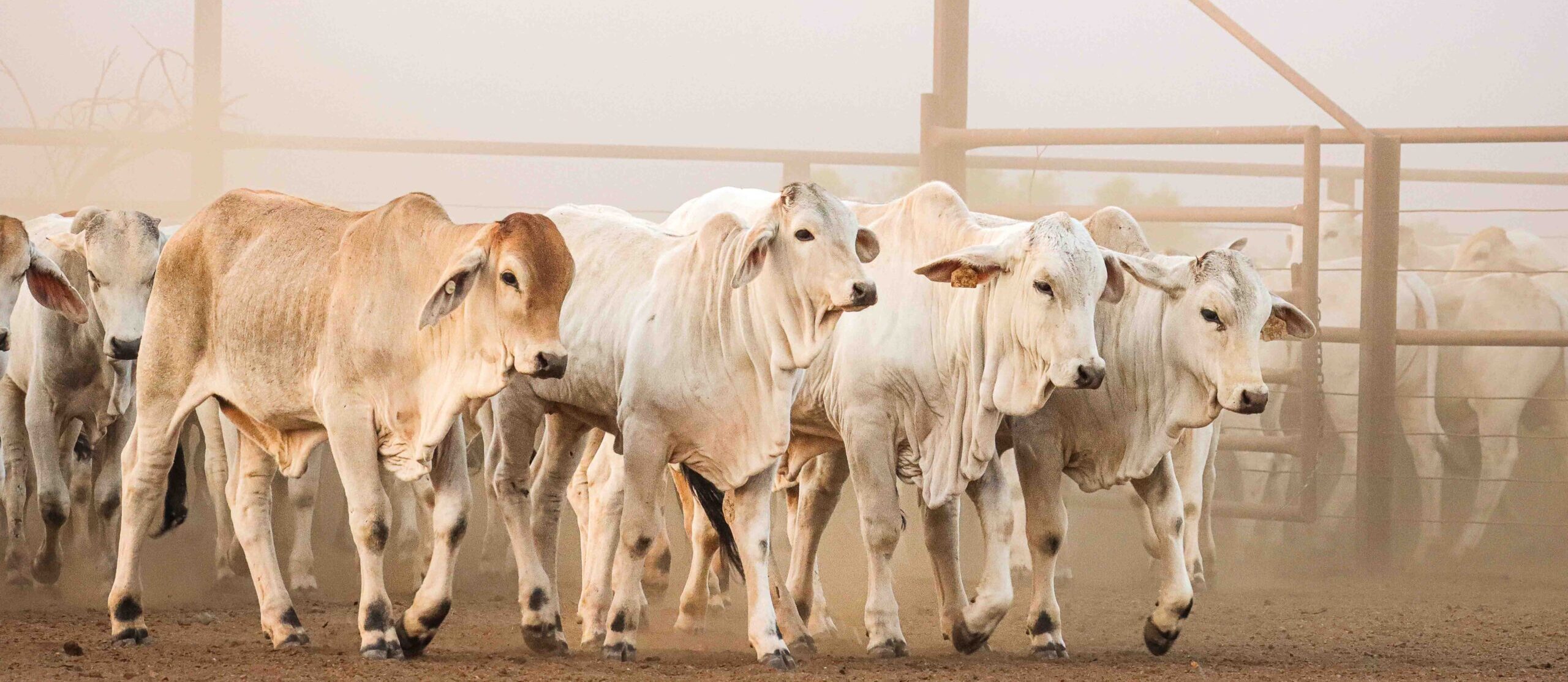
Bore runs, stock work and a chance to kick back… For these photographers, it’s the day-to-day moments that resonate.